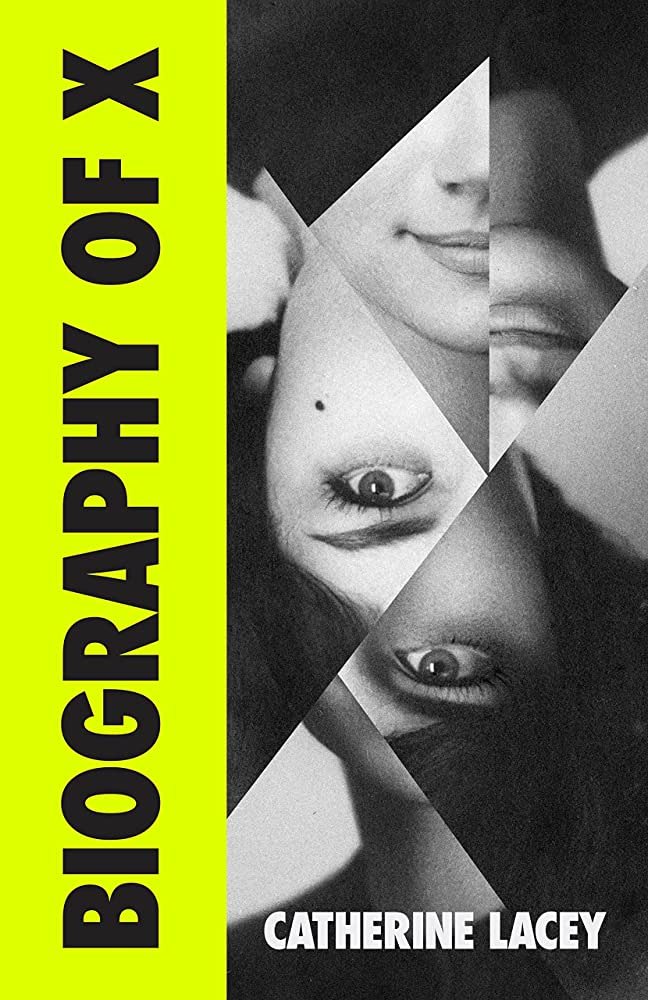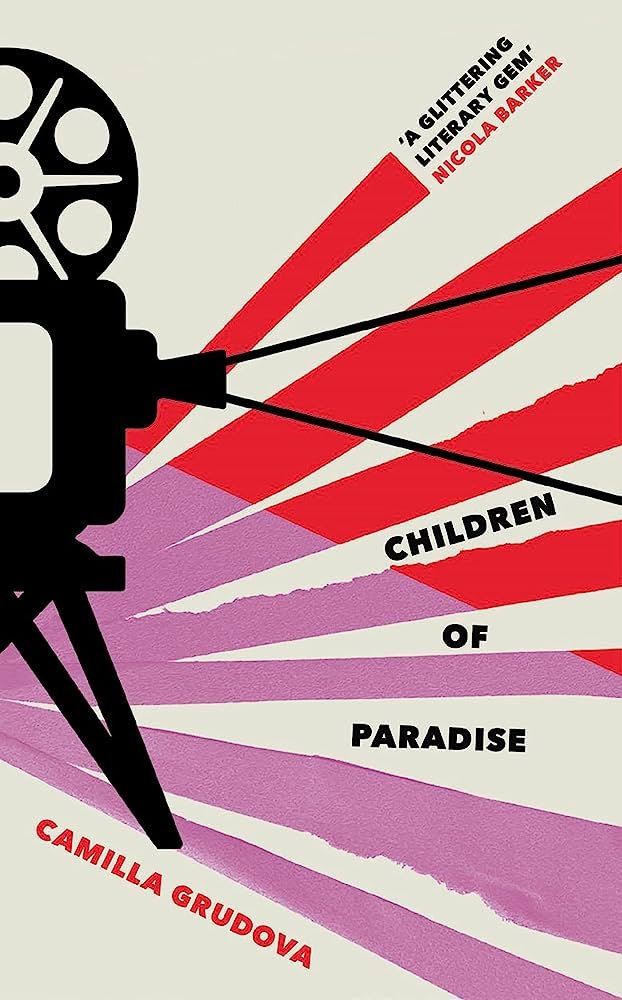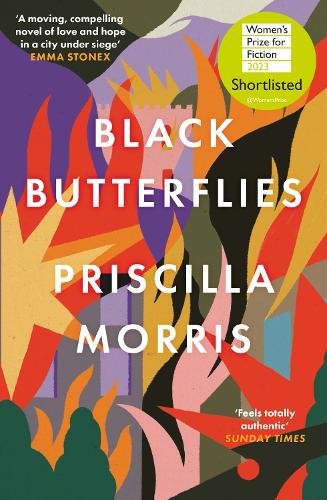One of the most excitingly unforeseen results of starting this book blog was being invited to travel to Riga and discover more about current Latvian literature. My great grandfather was born in Latvia and moved to the US to avoid being conscripted into the army during WWI. My family has always been proud of that Latvian heritage and traveling there was a longterm goal so it was a thrill to finally experience life in Riga and connect with a cousin I've never met. I made a video about that experience which you can watch here: https://www.youtube.com/watch?v=J5HHP5AfG1k
All this preamble is to say I instantly felt a strong connection to Linda Grant's new novel which follows the life of Mina Mendel, a girl born in Latvia who emigrates to England in the early 20th century. She's separated from the majority of her Jewish family because of the war and the narrative traces the experiences of the Mendels – the ultimate fates of whom are not all known. In part, it's framed like a fairy tale: a girl goes to pick mushrooms in the forest and her life is irrevocably changed. However, it's clever how the novel is more about the ways in which this family forms a personal mythology. As we follow them through the years and different generations we see the ways in which storytelling is part of what binds this group together no matter how much the stories stray from history and the truth. The novel traces how the family's past intersects with larger socio-political events so their fates are more often influenced by happenstance than by their own free will. From a tight-knit working class Jewish community in Merseyside to the machinations of the film industry, their lives are portrayed in vivid, humorous and loving detail.
At first I wasn't sure about the nature of the story which initially centres around Mina and her brother Jossel's attempt to emigrate to America. It's compelling following how larger events disrupt their plans and cause them to grow new roots in a place where they hadn't planned to settle. Yet I found it initially disorientating reading occasional flashes into the future where we learn about the fates of future generations before the narrative has caught up to them. But gradually this structure developed a poignancy as the story becomes more splintered by the dispersement of family and the uncertainty about the truth of their origins. Names are changed. Connections are lost. History is forgotten. Eventually all the descendants are left with is speculation about their family past and an inherited object which takes the form of a somewhat ugly coffee pot. This feels very true to life and will resonate with anyone who has attended a family reunion where pieces of stories are recounted whilst studying obscure items that have been passed down through the generations.
There was another surprising personal connection I felt with the story when at one point the family receives an anonymous anti-Semitic note through the door. This naturally leads to a sense of anxiety that some of their neighbours harbour resentment towards them and they take measures to try to assimilate. It's no wonder that part of the reason aspects of family history are lost because details are suppressed or altered in different periods for the sake of survival. This also showed how little changes because several years ago my boyfriend and I temporarily moved to an area of North London. Soon after settling in we received an anonymous note through the letterbox urging us to change our homosexual lifestyle and warned that our friends were laughing behind our backs. (We failed to see how many of our gay friends would be laughing at our lifestyle.) Though we tried to laugh this off, it was also unsettling being made to feel like some anonymous individual or few people who lived around us in this new environment were secretly disapproving and hostile towards us.
Grant's novel shows that there will always be intolerant individuals who feel they own certain communities and everyone who inhabits that space should be a mere reflection of them. It's also clever in how it demonstrates the fragile value of ideologies when tested against the full spectrum of society. When Mina is a naïve girl the men she meets in the forest impress her with their Bolshevik ideas and these beliefs ferment in her mind over the course of her life. But she discovers the relative impact of these ideas when discussing them with women in a munitions factory during the war as well as learning about the deadly consequences the Soviet Union has upon her native Latvia. Though this novel is largely set in Britain, it's interesting to compare the historical events portrayed within Latvia in the novel “Soviet Milk” - my review of this book is what eventually led to the invitation to visit Riga. It shows how things come full circle. So I was very glad to read Grant's new novel which comes with a touching author's note explaining her own personal relationship to this tale. Overall, as well as being a poignant meditation on family and the flow of time, “The Story of the Forest” is also a highly entertaining story.























